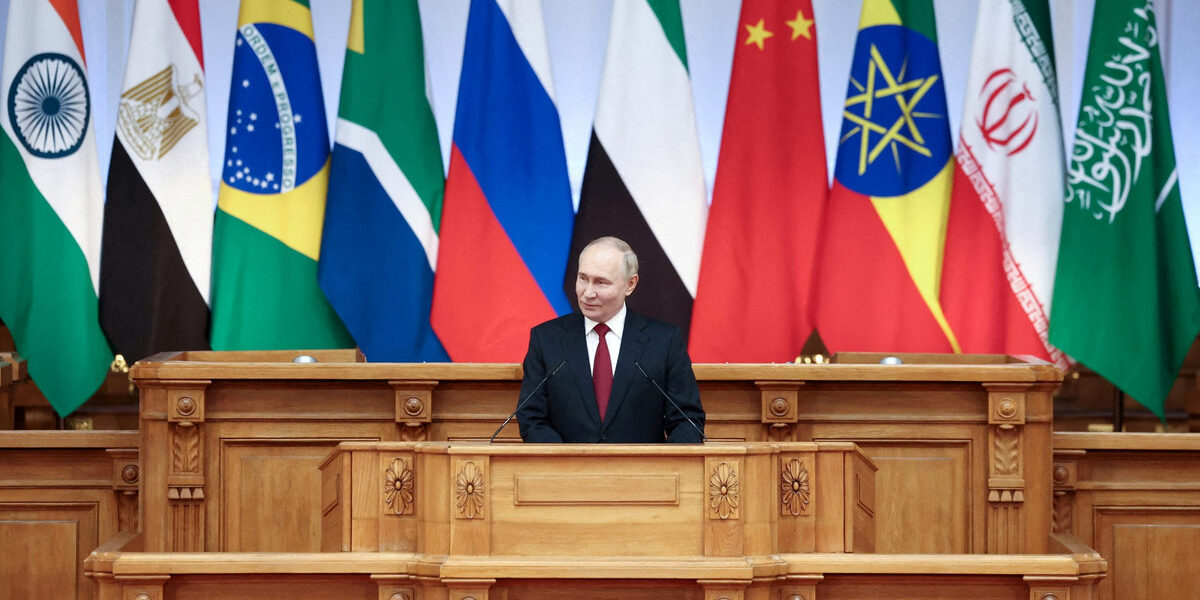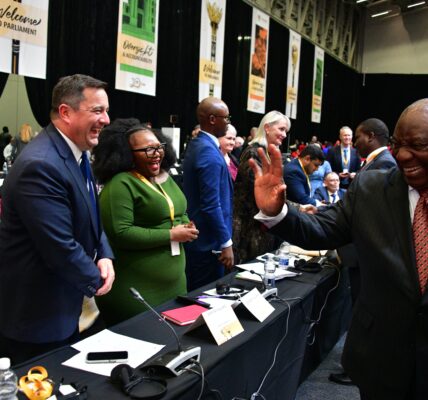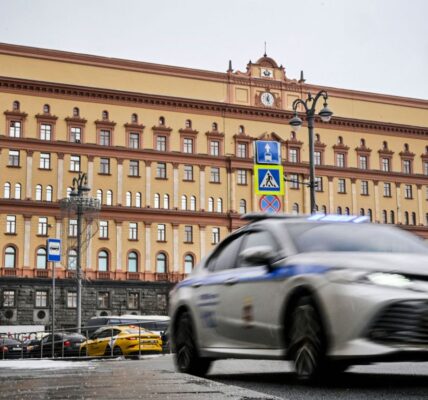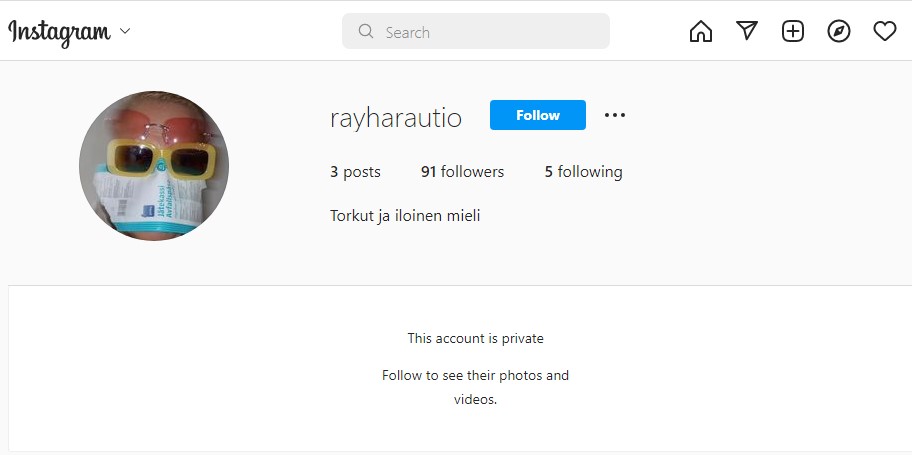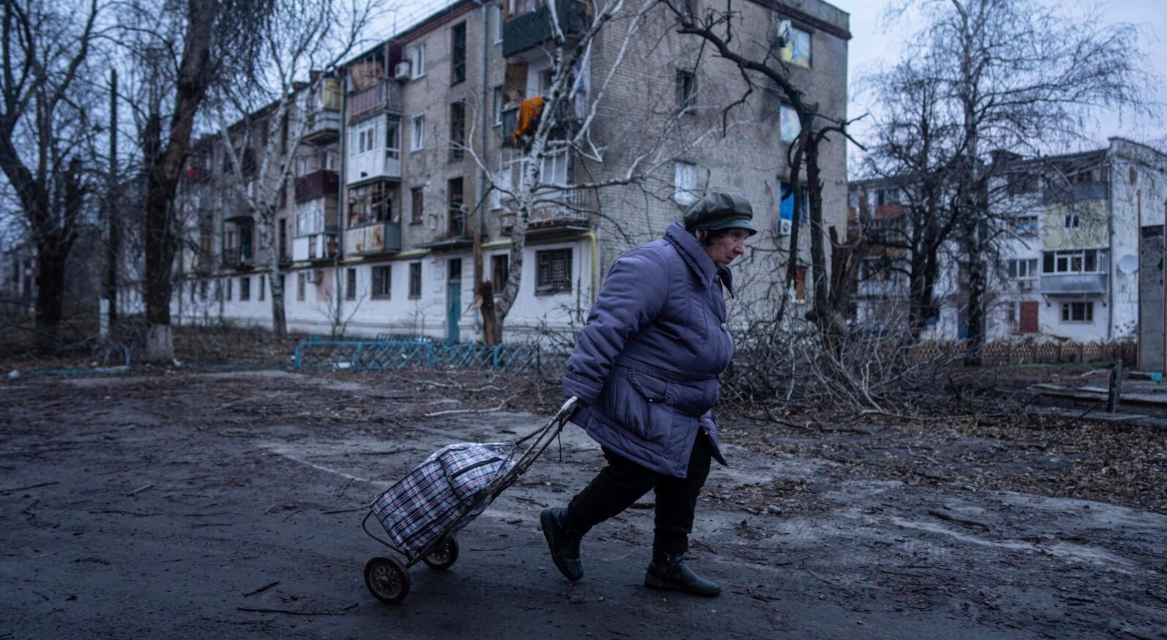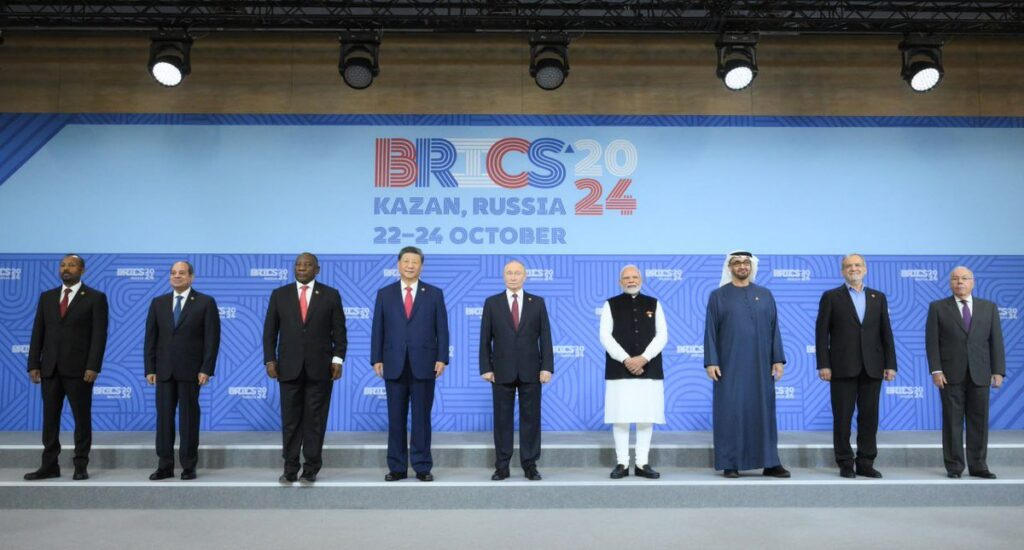
Leaders of emerging economies are gathering in Russia for the 16th BRICS summit, hosted by President Vladimir Putin. This meeting marks the first since a significant expansion last year and provides Putin an opportunity to send a message to the West that sanctions against Russia are ineffective and that he remains a credible and influential leader. Putin is also aiming to construct a financial payment system under BRICS, independent of US influence, to counter sanctions imposed on Russia after its invasion of Ukraine.
The Kazan summit is described as “a turning point for BRICS,” by the website, Infobrics. The main purpose of BRICS, it says, is to reform the international institutions which serve as the bedrock of the existing world order. BRICS wants to position itself as a counterbalance to the Western-dominated G7.
Putin plans to advance his initiative to establish a global financial payment system independent of the US, challenging American financial dominance and shielding Russia from sanctions. This system, which Russia aims to develop within a year, would enable countries to conduct cross-border settlements using digital platforms managed by their central banks. According to The Economist, this plan controversially borrows elements from a different project known as mBridge, co-managed by the Bank for International Settlements (BIS), a pillar of the Western-led order.
David Lubon, a Michael Klein Research Fellow on the Global Economy and Finance Programme at Chatham House, highlights that mechanisms like mBridge can erode the dominance of SWIFT, the financial messaging system from which Iran and many Russian banks have been excluded due to US pressure.
“Escaping dollar dominance is often linked to countries of the Global South wanting to limit their vulnerability to its weaponisation as Washington increasingly relies on sanctions as a tool of geopolitical coercion,” says Lubon.
“The reality is,” he said, “that developing countries have decades of built-up frustration with dollar dominance and their access to international capital markets, has often fallen hostage to changes in US monetary policy.”
Dawie Roodt, a South African economist from the Efficient Group, told National Security News that Russia and China have already initiated the development of a BRICS payment instrument, which Putin aims to extend to other BRICS countries.
“They’re already working on it and are aiming to formalise and expand the system to include more countries. However, it will take a long time because the SWIFT system is deeply entrenched, and American financial systems are highly dominant. It’s not going to be easy, but it isn’t impossible, and perhaps it’s time for changes, as the current system is quite expensive.”
Roodt noted issues of trust in using the BRICS payment instrument. “If the Chinese or Russians want to trade, they will need to hold reserves of each other’s currencies.” Although Russian-Chinese trade is facilitated via the renminbi and barter trade with Moldova occurs, mutual trust remains a challenge, he said.
According to Roodt, Putin is considering providing government guarantees to ensure transactions. Another strategy they use is sending gold as payment for imports. It has contributed to the increase in the gold price, he said.
Ramaphosa describes Putin as valued ally
According to Ray Hartley and Dr Greg Mills from the Brenthurst Foundation, Putin is using BRICS to lend legitimacy to his invasion of Ukraine and support for military regimes in Africa. They predict that South Africa’s engagement with Russia will intensify at the Kazan summit.
Shortly after arriving, South African President Cyril Ramaphosa held talks with Putin, describing Russia as “a valued ally.”
The alliance with Russia poses risks for South Africa’s Government of National Unity (GNU), according to Hartley and Mills.
They caution that aligning with Russia and other autocratic nations could jeopardise South Africa’s trade ties with the West and might open Pretoria to international legal or even military repercussions if Ukraine broadens its conflict with Russia.
The South African government recently faced accusations of yielding to Chinese pressure by asking Taiwan to relocate its de facto embassy from Pretoria to Johannesburg and rebrand it as a Trade Office.
“Relocating what will be rebranded as Trade Offices both in Taipei and in Johannesburg… will be a true reflection of the non-political and non-diplomatic nature of the relationship between the Republic of South Africa and Taiwan,” it said in a statement, adding it had given the office six months to move.
Putin in his element, wants to prove he is not isolated
The Kazan summit is clearly an opportunity that Putin relishes as he was not able to attend the previous summit in South Africa due to being sought by the International Criminal Court (ICC) over accusations that Russia unlawfully deported Ukrainian children. “President Putin decided to take part in the BRICS summit in a video conference format,” Kremlin spokesman Dmitry Peskov was cited as saying by Russian news agencies.
Thirty-three countries are participating in the summit, with 24 leaders in attendance, including China’s Xi Jinping, India’s Narendra Modi, Turkey’s Recep Tayyip Erdogan, and Iran’s new President Masoud Pezeshkian. The original members, Brazil, Russia, India, China, and South Africa, expanded last year to include Iran, the UAE, Ethiopia, and Egypt.
Brazilian President Lula da Silva cancelled his Kazan visit after an injury but will participate via video conferencing. UN Secretary-General Antonio Guterres is also expected to attend and meet Putin, a decision criticised by Ukraine’s Ministry of Foreign Affairs, accusing Guterres of damaging the UN’s reputation by refusing a peace summit invitation but accepting one from “war criminal Putin.”
The Kazan summit is symbolically and practically crucial for Putin, aiming to show that Russia, far from isolated, holds significant alliances with major countries like China, India, and South Africa.

